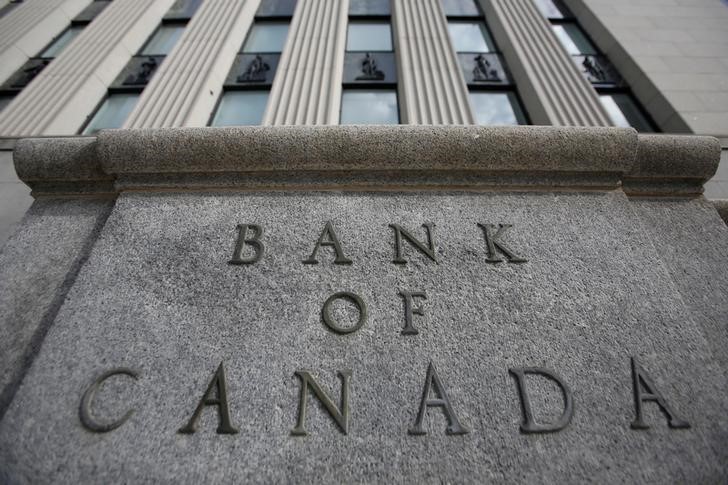By Ketki Saxena
Investing.com – In prepared remarks at her speech in Vancouver, Bank of Canada senior deputy governor Carolyn Rogers warms that interest rates might remain at a higher baseline than people had become accustomed to, prior to the Covid-19 pandemic.
"It may be tempting to believe the low rates that we all got used to will eventually come back. But there are reasons to think they may not," Rogers said.
“It’s not hard to see a world where interest rates are persistently higher than what people have grown used to”
Rogers referred to a range of structural changes that could serve as drivers for a significantly higher baseline interest rate environment: baby boomers retiring, higher levels of government debt, and geopolitical risks such as the current Middle East conflict.
The BoC senior deputy governor acknowledged that adjusting to a higher interest rate environment would be challenging for Canadians, citing data that showed the impact of higher rates on consumer spending and household credit growth.
Rogers also touched on the challenges faced by homeowners contending with the rapid rise in the Bank of Canada’s benchmark policy rate - 40% of mortgage holders are already facing mortgage renewals at higher interest rates.
“By the end of 2026, virtually all remaining mortgage holders will go through a renewal cycle and, depending on the path for interest rates, may face significantly higher payments.”
Rogers recommended a proactive approach for Canadians as we enter an era of higher interest rates: "Adjusting early and bit by bit lowers the risk of having to take more abrupt and possibly destabilizing steps later”.
Rogers also warned there is more adjustment to come, with previous rate hikes having yet to fully trickle through the economy.
"The effects of higher interest rates are still working their way through the economy. We’ll need to keep a close eye on both credit stress indicators and survey data to gauge how businesses and households are adjusting.”
